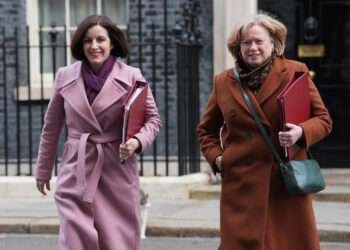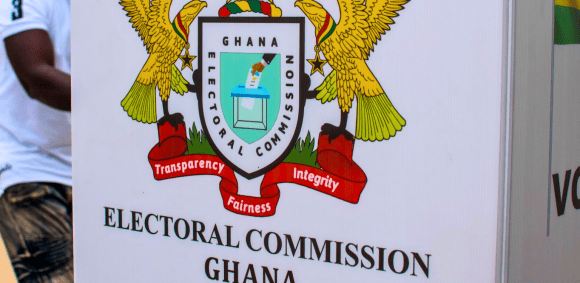The Chinese embassy in London has sharply criticized British politicians for having a “twisted mentality towards China” after the identity of a Chinese businessman accused of espionage was made public. The escalating dispute underscores growing tensions in UK-China relations amid allegations of foreign interference.
On Tuesday, a spokesperson for the Chinese embassy condemned what it called “anti-China clamors” designed to “smear China, target against the Chinese community in the UK and undermine normal personnel exchanges between China and the UK.”
The controversy erupted after the High Court lifted an anonymity order protecting Yang Tengbo, a prominent Chinese businessman and associate of Prince Andrew. Yang, who denies being a spy, had personally requested the order’s removal to challenge what he described as “ill-founded” claims against him.
The case has reignited political debate, with several Members of Parliament (MPs) threatening to invoke parliamentary privilege to name Yang before the court ruling. Former Conservative leader Iain Duncan Smith, a vocal critic of the Chinese government, called the allegations “the tip of the iceberg” regarding Beijing’s influence in the UK.
Yang Tengbo’s expulsion from the UK in 2023 under then-Home Secretary Suella Braverman added further weight to the allegations. Braverman had ruled that Yang’s presence was “not conducive to the public good,” a decision Yang now plans to appeal.
Yang, who had lived between the UK and China for two decades and was granted indefinite leave to remain in 2013, insists he is a scapegoat amid worsening diplomatic ties.
“The political climate has changed and unfortunately I have fallen victim to this,” Yang stated.
“When relations are good and Chinese investment is sought, I am welcome in the UK. When relations sour, an anti-China stance is taken and I am excluded.”
Yang Tengbo
Yang has been accused of ties to the United Front Work Department, a division of the Chinese Communist Party (CCP) tasked with fostering influence abroad. He categorically denies these claims.
The Chinese embassy defended the United Front’s activities as legitimate and beneficial.
“The United Front led by the [CCP] endeavors to bring together various political parties and people from all walks of life, ethnic groups, and organizations to promote cooperation … and friendship with other countries.”
Chinese embassy spokesperson
The spokesperson added that efforts to “demonize China’s United Front work” were “doomed to fail.”
Political and Security Concerns Intensify
Yang’s case has fueled broader questions about the UK government’s handling of influential Chinese nationals at a time when intelligence agencies have flagged China’s growing political influence. Security services have repeatedly warned of risks posed by foreign interference, particularly through business and diplomatic channels.
Iain Duncan Smith’s comments reflect a growing sentiment within Westminster to adopt a tougher stance against Beijing. Meanwhile, Prime Minister Keir Starmer has defended his administration’s more pragmatic approach to China.

“It’s important to engage,” Starmer said on Monday, reiterating that communication with Beijing remains a vital component of the UK’s foreign policy strategy.
However, critics argue that Starmer’s openness risks undermining national security concerns. With ongoing allegations of espionage, Britain faces the challenge of balancing economic ties with Beijing against its obligations to national security and public trust.
The row over Yang comes at a sensitive time for UK-China relations, which have deteriorated in recent years due to trade disputes, security fears, and diplomatic friction.
As political rhetoric escalates, the UK government faces increased pressure to address the influence of foreign powers while safeguarding legitimate international cooperation. For now, Yang’s case serves as a flashpoint, raising questions about the future of UK-China engagement.
READ ALSO: Tetteh Calls for Consistency, Legal Accountability in EC’s Actions





















